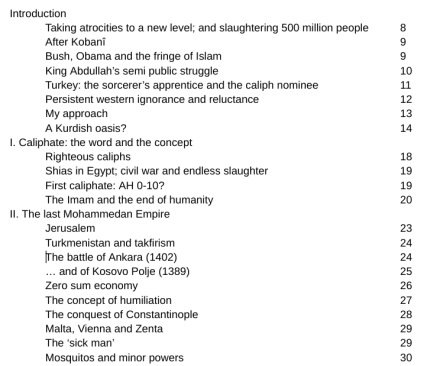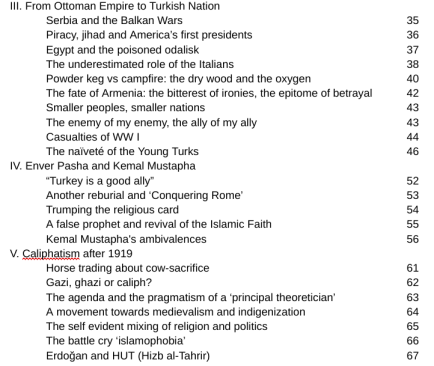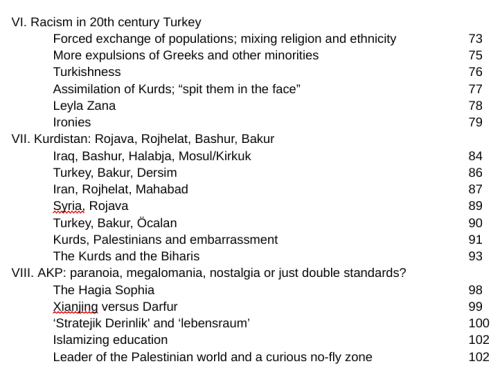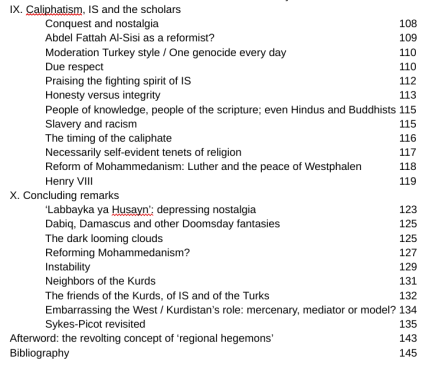Description
 While writing this book I experienced the unpleasant sensation that every week that went by, it became more urgent to publish a text about the themes covered by the title and subtitle I had chosen.
While writing this book I experienced the unpleasant sensation that every week that went by, it became more urgent to publish a text about the themes covered by the title and subtitle I had chosen.
In September 2014 Kobanî – a city in northern Syria, immediately adjacent to the Turkish border, since 2012 under Kurdish control – was almost overrun by the Islamic State (IS). The siege prompted me to start writing this book.
When Turkey – with apparent backing of all members of NATO – started to simultaneously bomb PKK bases in the North of Iraq, arrest members of both PKK and the (mostly Kurdish) political party HDP in Turkey and some IS-targets, I wrote the last pages of it.
In June 2015, the HDP had angered Turkish president Erdoğan by passing the huge electoral threshold and therewith effectively blocking his road to more power.
In a sense, this text is a political statement. It came out as an 80,000-word book because I wanted it to be founded on serious study of history, Mohammedanism and today’s politics.
When addressing the Islamic State, the (abolition of the) caliphate and the position and future of the Kurds, Turkey – its founding, to be more precise – is pivotal.
At the beginning of the 20th century, after some four centuries of decline, the Ottoman Empire no longer had imperial ambitions; little ambitions at all actually. Successively the Young Turks, the CUP triumvirate and Kemal Mustapha changed the trend. Eventually Atatürk accomplished progress on some terrains, while fueling more outspoken hatred towards Christians, racism towards Kurds and an extreme form of nationalism. He did not urge for the necessary reform of Mohammedanism but ruthlessly suppressed some manifestations of it. Mustapha abolished the Ottoman caliphate without addressing the caliphate as a concept.
Today’s ceremonial president Erdoğan shares his worst fear with the very powerful first one, Mustapha: losing part of the Ottoman territory deemed Turkish by the latter.
I compare Atatürk’s attitude regarding (not reforming) Mohammedanism with Erdoğan’s and the West’s. I elaborate on the relationship between IS and problematical aspects of Mohammedanism in the last two chapters. In chapter IX, ‘Caliphatism, IS and the scholars’, I scrutinize a letter 126 Sunni-scholars sent to IS’s caliph. I do not contort the words of the scholars, but do not take any of their claims for granted either, presuming that the authors took upon themselves the responsibility to seriously address both the threat IS poses to humanity and its ideological threat to the image of Mohammedanism.
The ambitions of today’s president and prime minister of Turkey are not completely transparent, but a worrisome constant factor in their policy is a nostalgic flirt with Ottoman imperialism from before the time the empire’s decline set in.
The ambitions of today’s president and prime minister of Iran are even more obscure. In Syria and Iraq the Kurds have to deal with IS and with severe Sunni-Shia animosity among their Arab neighbors.
In this era of growing instability in the greater Middle East, in the world indeed, I hope that my statement contributes to preventing a situation wherein the Kurds let themselves be played out against each other by Turks, Arabs, Persians, Americans, Russians, Europeans, Sunnis, Shias, anarchists, communists, free market fundamentalists, libertarians and other utopians.
A century ago, peoples without country – like the Kurds – were most negatively affected by the ambitions of (wannabe) Great Powers; today they face the similarly treasonous narrative of ‘regional hegemons’.






